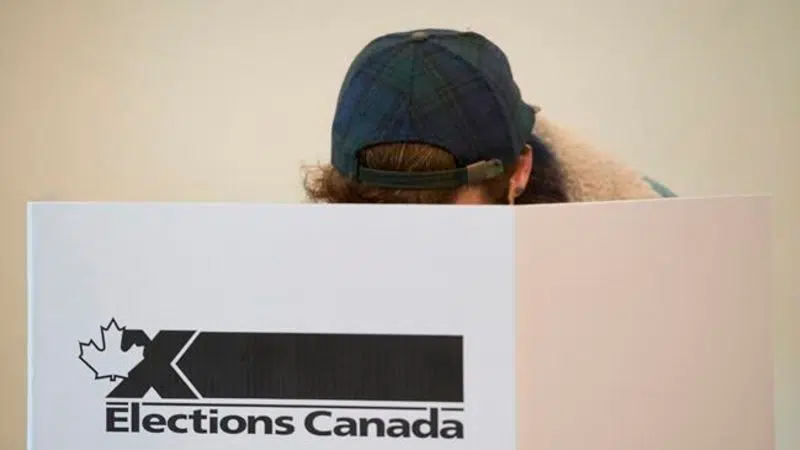
International group takes pass on monitoring election due to limited resources
OTTAWA — An international body that specializes in monitoring elections is skipping this year’s Canadian election due to limited resources despite questions and potential concerns about the role of third-party groups, cybersecurity and social media in the campaign.
The Organization for Security and Economic Co-operation in Europe, or OSCE, monitored Canada’s federal election in 2015 and recently deployed an advance team to determine whether it should repeat the exercise. Canada is one of 57 members of the OSCE.
The team came back at the end of August recommending a monitoring mission following interviews with representatives from the main political parties as well as Elections Canada, several government departments and outside experts.
While the team wrote in its report that it found “full stakeholder confidence in the overall integrity of the electoral process,” those interviewed identified several areas of concern that would warrant the presence of an extra set of eyes.
